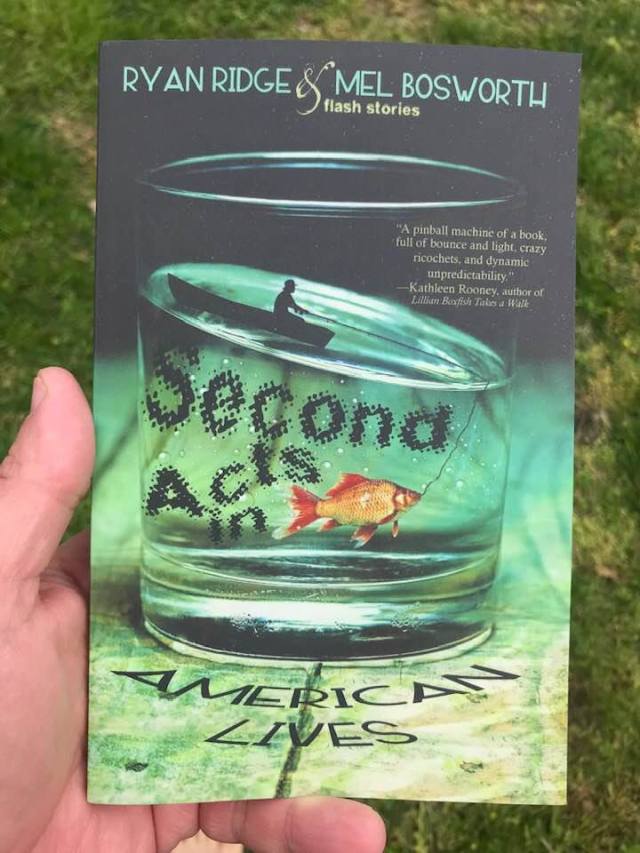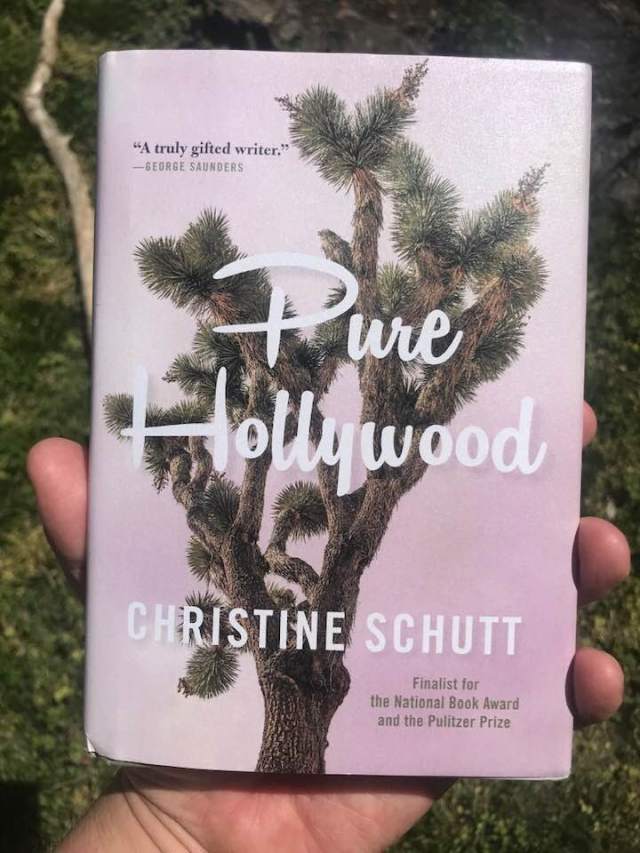Hey, there, Story366!
If anyone’s getting anything done now, it’s the Boy Scouts. I guess that makes sense, the resourceful group that they are. But between our local council here in the Ozarks and several national efforts, my son is signed up for no fewer than seven merit badge courses this week and next. This week, he’s doing three via Zoom meetings, presented by Scout leaders from Columbus, Ohio. Every afternoon, he sits there, with a hundred other kids, and listens to strangers talk about Electronics and Energy and Digital Technology. This weekend, he’s doing Movie Making, and next week, he’s doing Photography, Genealogy, Animal Science, and Personal Fitness. The boy is kind of a beast in that way, one prodded by his parents, but a beast nonetheless. While his summer camps are likely to be canceled—they’re making those decisions Friday—he’s actually working ahead of schedule, keeping busy, and learning a whole lot along the way.
I only bring this up because I love how organized this type of life progress is, how pointed and specific and satisfying merit badges are. I admire the merit badge system, these self-contained lessons in life’s many intricacies, a blast of knowledge about a topic before moving on to another. I also like the system of work and reward. There’s a workbook to fill out. There’s a counselor who guides you. And at the end, you get a colorful little patch to sew onto a piece of clothing—a sash—that shows everyone exactly what you’ve learned. Right now, my son doesn’t know anything about animal science, but supposedly, by next Friday, he’ll have conversational knowledge of the topic. Neat.
Don’t you wish they had this system for adults? That life’s lessons could be condensed into a five-to-twenty-page workbook, for there to be a registered expert to help you, and at the end, for you to have something to show for it? I’d probably learn a lot more about the world, useful stuff and trivial accumulation, if that were so. If there happened to be a Gutters merit badge, I firmly believe there wouldn’t be tiny oak trees growing along the edges of our roof every summer. If there was a Treadmill merit badge … well, you get the idea.
Somewhere along the way, someone decided that adults don’t need these types of rewards, and certainly don’t need to display them on top of our shirts. (Unless you’re in the military, I guess.) As I see my son sitting at the table every day, listening and scribbling as he stuffs info into his head, I’m a bit jealous. Can’t wait to see his sash when all this is over. He’s going to be decked out. Maybe even a bit more useful.
Today I read from Chauna Craig‘s 2017 collection, The Widow’s Guide to Edible Mushrooms, out from Press 53. I’ve seen and read Craig’s work before, but never in book form—this is her debut—so I was happy to crack this one, read some of her pieces one after the other.
The opening story, “Thirsty,” is about a woman from LA who travels with her partner so he can do some construction work in a tiny Arizona desert town. It’s also a way for them to work on their dying relationship. The woman, dubbed “Thirsty” by an Arizona local, doesn’t want to go, though, as she’s just started a relationship, of sorts, with Luissa, her next-door neighbor, and pines for her every moment she’s away.
“This is History” is about a sixteen-year-old girl in Great Falls, Montana, whose family is experiencing the proposed demolition of a minor local landmark, an enormous smokestack that no longer serves any purpose. Efforts have been made to save the stack as a historical marker, and as Craig counts down to the big event, literally, we wonder if it will happen, and how this girl and her family will react.
“Gray Dogs” is a short, about a woman on her first date in a while. The two meet in a park. The man brings along his dog. Awkward conversation, and even more awkward occurrences, ensues, making this a unforgettable return to the world of the other.
The title story, “The Widow’s Guide to Edible Mushrooms,” features Margret, a recent widow. She and her college-aged son—and his new girlfriend, Rory—are on a mission. They are in the woods—woods beloved by them all, particularly the dead husband, Lewis—to find a morel mushroom, dig it out, then bury Lewis’ ashes in the hole it left behind. It’s a sweet idea—especially if you like mushrooms—but the trip is tainted by the fact Margret doesn’t like Rory, or at the very least, doesn’t like her being there, this stranger, taking part in this personal mission.
If you haven’t been mushroom hunting, particularly for morels, it’s pretty hard. I know a guy from my son’s Scout troop, the Scoutmaster, who’s an expert mushroom hunter. The only times I’ve ever had morels is when he’s found some and brought them to camp for us to cook up on the fire. I know that they’re hard to find, unless you know exactly where to look. I also know that they’re valuable—you can’t grow them; you have to just find them—and hunters will sell them for ridiculous prices to restaurants and grocery stores. I also know, from the Scoutmaster guy, that expert hunters will not share their hunting spots—this guy has taken people with him, blindfolding them as they drive out into the woods, so they can’t retrace their steps in the future and raid his spots. That’s serious. But such is the world of mushroom hunting
Margret and Tim, her son, seem to be experts, having gone out with Lewis many times. Eventually, they find a morel big enough to cut and replace with Lewis’ remains. They head home, having closed this chapter, and they have a giant morel to eat, too.
Back at Margret’s, the trio cooks up the morel and starts to talking. It kind of comes out at this point that Margret and Tim have grown apart. Or, maybe, they were never close. Margret doesn’t even know what Tim’s major is and has to ask Rory when Tim’s stepped out. This is where the story gets even more dramatic, as Rory—who, by the way, practically spit out her piece of the morel when she tried it, a pretty symbolic gesture—tells Margret a secret. Hint: It’s not Tim’s major.
I’ve gone back and forth on whether or not to tell you that secret here as part of my recap, and my answer is no, I won’t, as it’s too close to the end of the story, revealing way too much. There’s something left for you to discover in this engaging, heartfelt, and well told tale, something that’s worth seeking it out.
I enjoyed reading about the women who populate Chauna Craig’s debut, The Widow’s Guide to Edible Mushrooms. It’s an endearing book of stories, well crafted pieces that really know their characters, that know how to relay their deepest and darkest desires in the most effective way. Craig’s got a good sense of these people, and of the world and its disappointments, brought to us through their soulful, hopeful eyes. Not all Craig’s characters are widows, but they’ve all lost something, and that’s enough.










